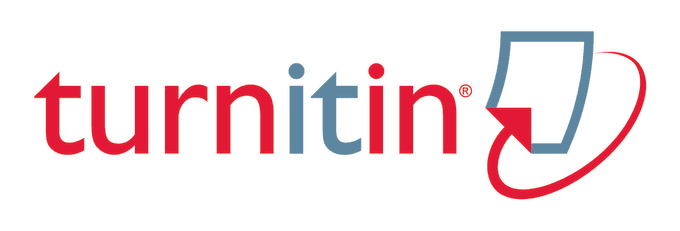Efektivitas Kampanye Politik di Instagram Untuk Mempengaruhi Niat Memilih
DOI:
https://doi.org/10.37535/103001120206Keywords:
Instagram, political campaign, vote intentionAbstract
This study is conducted effectiveness of political campaign through Instagram as a social media to influence vote intention among Millenials in Indonesia. The study is performed with a quantitative approach and gathered data from 99 respondents that is a citizen of Bandung and eligible to vote. The findings revealed that four variables that influence the quality of the social media political campaign, namely content quality, the informality of speech, design, and frequency of post have the significant and positive influence to vote intention. However, among these variables, the most significant and positive influence belongs to design. It seems related to the nature of Instagram as photo-based social media.
References
Downloads
Published
Issue
Section
License
Copyright rules apply for the articles that are featured in COMMENTATE: Journal of Communication Management
- COMMENTATE: Journal of Communication Management holds the right to be the first to publish the article.
- Authors will still be the copyright holder for their articles published on COMMENTATE: Journal of Communication Management and can use it freely as long as it does not violate the rules.
- Papers featured on COMMENTATE: Journal of Communication Management are under the Creative Commons Attribution 4.0 International License. Further details can be access on Open Access Policy.









